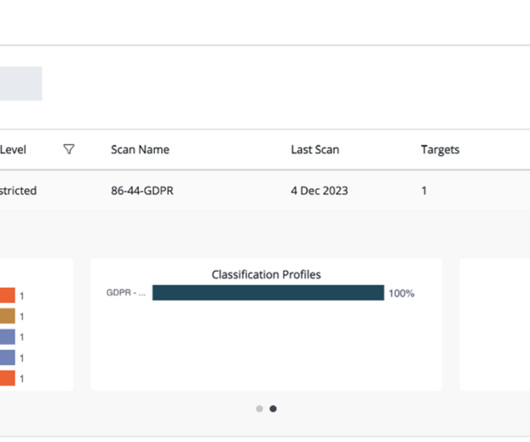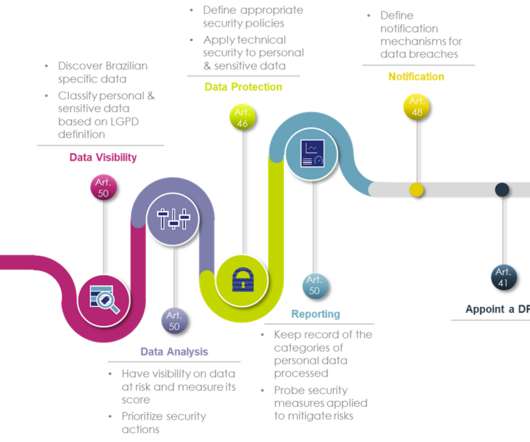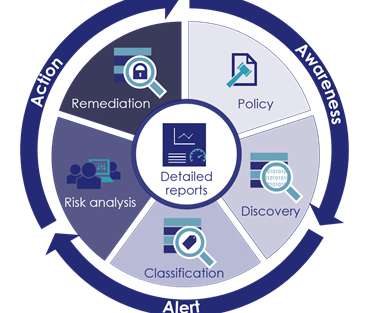MY TAKE: The no. 1 reason ransomware attacks persist: companies overlook ‘unstructured data’
The Last Watchdog
SEPTEMBER 18, 2018
All too many companies lack a full appreciation of how vital it has become to proactively manage and keep secure “unstructured data.”. One reason for the enduring waves of ransomware is that unstructured data is easy for hackers to locate and simple for them to encrypt. A few takeaways: Outside a database.




















Let's personalize your content